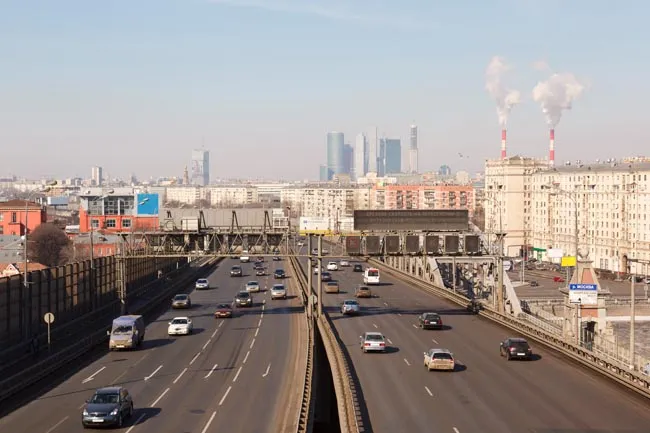A new policy in Russia could change way the country’s road projects are planned. The country’s government is considering life-cycle costing as the model for future road construction projects. Under this proposal, the contractor would be responsible for road maintenance during an agreed period. The state would pay for the road over its life without providing funds immediately after the contract date. The contractor would pays for project design, construction, repair and maintenance from its own funds or attr
April 30, 2012
Read time: 1 min
A new policy in Russia could change way the country’s road projects are planned. The country’s government is considering life-cycle costing as the model for future road construction projects. Under this proposal, the contractor would be responsible for road maintenance during an agreed period. The state would pay for the road over its life without providing funds immediately after the contract date. The contractor would pays for project design, construction, repair and maintenance from its own funds or attracts investors. Life-cycle contracts would be used for projects costing more than US$ 137.5 million for example.








